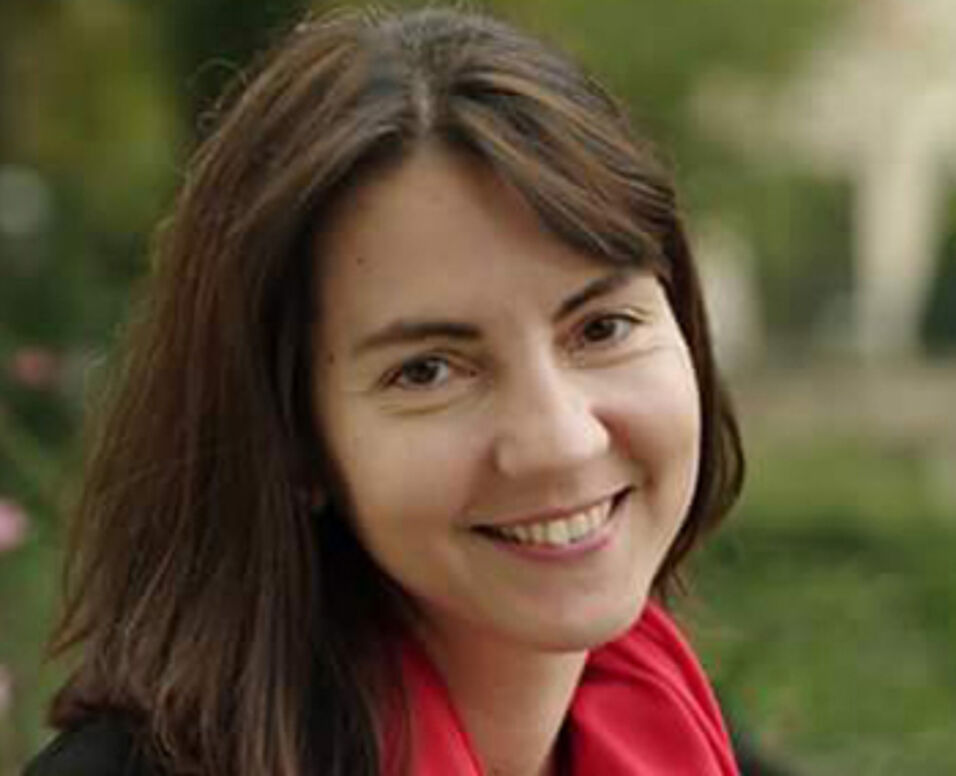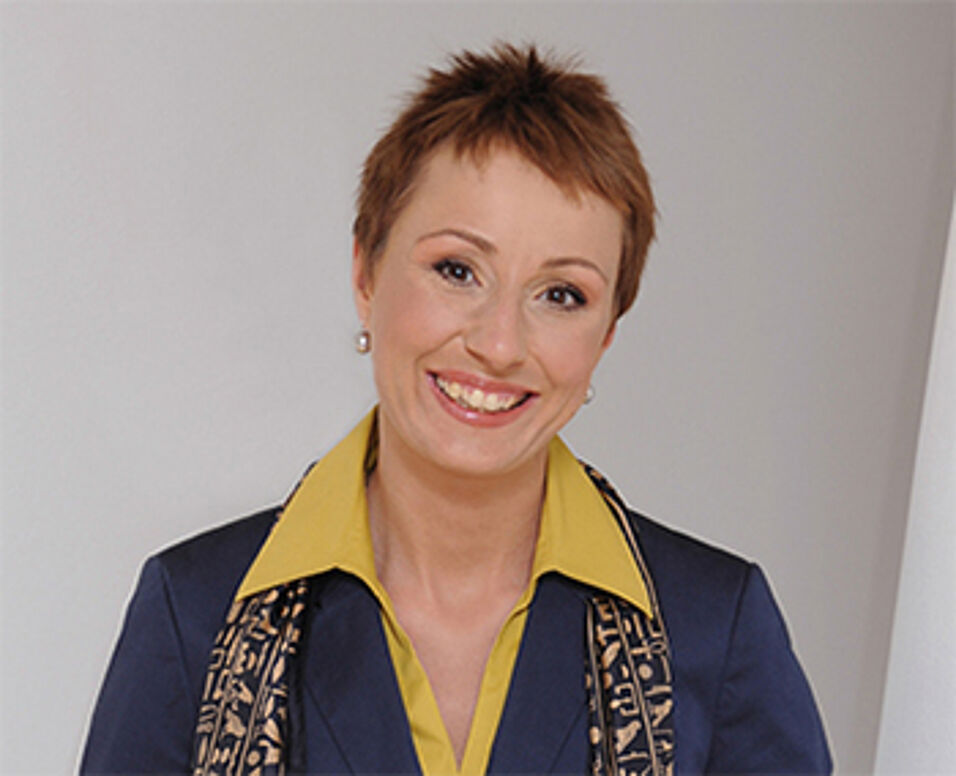Article by Adriana Sofia Palloks (✉ adriana.palloks@univie.ac.at)
Imagine being able to see an exhibition in a museum without entering it or attending a concert without being physically present. The COVID-19 pandemic accelerated the spread of digitization across all areas of life, including the cultural sector. However national, and transnational legal hurdles as well as copyright policies prevent the digital dissemination of cultural content in Europe. The commentary written by communication scientists Olga Kolokytha and Krisztina Rozgonyi offers an overview as well as a critical reflection on how programs of the cultural sector are received during their digital transformation.
To counteract the shutdown regulations caused by the COVID-19 pandemic and the associated financial losses, cultural organizations such as galleries, libraries, archives, museums, performing arts organizations, and public service media have made their programming available either as archival material (previously inaccessible content) or as a livestream for digital "consumption" by their audiences. For example, museums put their collections online, the Viennese Konzerthaus streamed past concerts for free, London's Royal Opera House streamed productions and behind-the-scenes footage, etc. The high demand for cultural content is reflected in the 130,000 registrations for the streaming platform of the Vienna State Opera or in the nearly 35 million unique visits to the websites of public service media.
Cultural works have an informational, educational, and entertainment function in the public sphere, and in regard to their digital dissemination they are subject to the requirements of the European Audiovisual Media Services Directive (AVMSD), as well as to the Copyright and Related Rights in the Digital Single Market (CDSM). These directives contain regulations that are also intended to facilitate the digital distribution of audiovisual cultural content; however, their implementation often fails when they are incorporated into national law of the individual state members. This manifests itself, for example, in the uneven distribution of cultural content as a result of geo-blocking practices and territorial restrictions in copyright law. Thus, cultural content can usually only be consumed in the country it was produced in. In addition, there are question marks in dealing with orphan works (for example, books, art, or articles), whose creators often cannot be located and therefore lack consent to distribute the content in digital form. Also, in 2020, one-third of European museums complained that copyright regulations inhibit the online availability of their collections, and European Research Libraries filed a complaint with the global copyright organization that intellectual property regulations should not hinder human development.
The EU copyright reform of 2019 forms an additional problem concerning the digital dissemination of cultural content. Liability for uploaded content on online content-sharing service providers will no longer be held by the users themselves but transferred to the platforms. To avoid liability, these online platforms make use of automatic upload filters, which check uploaded posts for appropriateness and delete them if necessary. Critics fear that these filters can hardly distinguish between legal and illegal content, which is why an artwork depicting nudity could simply be deleted. In order to advance the digital progress of cultural organizations in Europe in the long run, the authors conclude their paper with the following proposals: "We are urging broad and flexible exceptions and limitations to copyright for online access to cultural content when transposing new copyright rules on EU-level into national laws, and for a focused and coordinated effort concerning the regulation of large online video sharing platforms enabled by the revisited and extended European audiovisual regulations. We are also proposing extending the scope and legal provisions for audiovisual media content to include newly emerged content by galleries, libraries, archives and museums and to ensure due prominence thereof, as a means of offering European audiences wider choice when experiencing cultural content. We also argue that this is an opportunity to harness the power of European audiovisual cultural heritage and develop alternative business models that could act as competition to big platforms and help to reshape power dynamics between the EU and other global actors."
Publication details
Kolokytha, O., & Rozgonyi, K. (2021). From social distancing to digital un-distancing: COVID-19 pandemic and new challenges in digital policy in the cultural and the audiovisual sector. Journal of Digital Media & Policy, 12(1), 177-184. doi:10.1386/jdmp_00054_7



